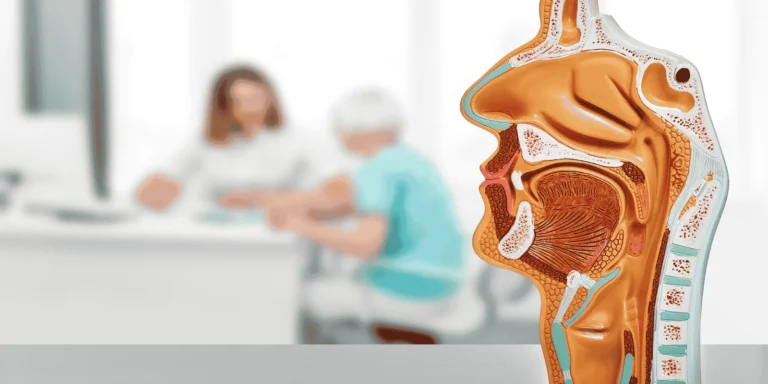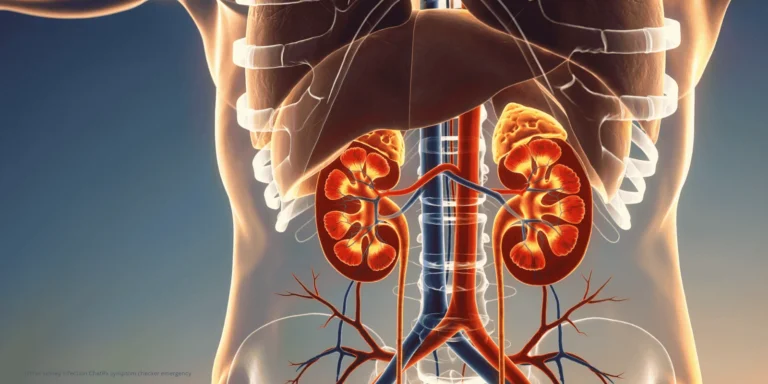“I’m a teacher and barely get bathroom breaks,” my patient explained. “Could holding my urine be causing these frequent UTIs?”
Her question touches on one of the most persistent myths about urinary tract infections. While holding urine doesn’t directly cause UTIs in the way that bacteria do, it absolutely creates conditions that make infections more likely to develop and persist.
How Normal Urination Protects You
Your urinary system has built-in defense mechanisms against infection. Regular urination acts like a natural flushing system, washing bacteria out of your urethra and bladder before they can multiply and establish infection.
The flushing effect removes bacteria that enter your urethra through normal daily activities. Every time you urinate, you’re essentially power-washing the pathway that bacteria use to reach your bladder.
Bladder emptying prevents bacterial overgrowth by removing the warm, nutrient-rich environment that bacteria need to multiply rapidly.
Fresh urine production maintains optimal chemical balance and acidity levels that naturally inhibit bacterial growth.
What Happens When You Hold It
Delaying urination disrupts these natural protective mechanisms in several concerning ways:
Bacterial multiplication accelerates when urine sits stagnant in your bladder. What might have been a few harmless bacteria can multiply into infection-causing numbers given enough time.
Bladder stretching occurs when you consistently hold large volumes of urine. Over time, this can impair the bladder muscle’s ability to contract fully, leading to incomplete emptying even when you do urinate.
Incomplete emptying creates residual urine that provides a perfect breeding ground for bacteria. Even small amounts of leftover urine can harbor enough bacteria to seed future infections.
Immune system compromise happens when bladder walls become overstretched and stressed, potentially reducing their ability to fight off bacterial invasion.
The Science Behind Urine Holding and UTIs
Research consistently shows connections between urinary retention behaviors and UTI risk:
Frequency matters more than volume. Holding very large amounts occasionally is less problematic than consistently delaying urination throughout the day.
Duration of holding significantly impacts risk. Holding urine for 2-3 hours occasionally is usually fine, but regularly going 6-8+ hours between bathroom breaks creates problems.
Individual bladder capacity varies, but most healthy adults can safely hold 300-500ml of urine. Beyond this, pressure increases and protective mechanisms become compromised.
High-Risk Professions and Situations
Certain occupations and circumstances make urine holding more common and UTI risk higher:
Healthcare workers, teachers, and drivers often have limited bathroom access during work hours, creating chronic patterns of urinary retention.
Long-distance travelers may delay urination to avoid airplane or rest stop bathrooms, sometimes holding urine for many hours.
Conference attendees and meeting participants might avoid bathroom breaks during important presentations or lengthy sessions.
Shift workers with irregular schedules may develop poor urination habits that persist even during off-hours.
Gender Differences in Risk
Women face higher UTI risk from urine holding due to anatomical factors:
Shorter urethras mean bacteria need less time and opportunity to reach the bladder, making the flushing effect of regular urination even more critical.
Proximity to bacterial sources means women’s urethras are closer to anal bacteria that commonly cause UTIs.
Hormonal influences can affect bladder function and bacterial resistance, particularly during menstruation, pregnancy, or menopause.
Men generally have lower baseline UTI risk, but those who chronically hold urine can still develop problems, especially if they have prostate issues that already impair bladder emptying.
Other Consequences of Chronic Urine Holding
Beyond UTI risk, regularly holding urine can cause additional health problems:
Bladder dysfunction may develop when the detrusor muscle becomes overstretched and loses elasticity.
Kidney problems can occur if chronic retention leads to urine backing up into the kidneys.
Pelvic floor dysfunction may result from consistently straining bladder muscles.
Urinary incontinence paradoxically becomes more likely when bladder muscles lose proper function.
Practical Prevention Strategies
If your lifestyle makes regular bathroom breaks challenging, try these approaches:
Schedule bathroom breaks every 2-3 hours, treating them as non-negotiable appointments.
Empty completely when you do urinate. Take your time and don’t rush the process.
Stay hydrated appropriately — don’t restrict fluids to avoid urination, as concentrated urine actually increases infection risk.
Address workplace barriers by discussing bathroom access needs with supervisors or exploring workplace accommodations.
Plan ahead during travel or long events by identifying bathroom locations and timing breaks strategically.
When Holding Urine Becomes Dangerous
Seek immediate medical attention if you experience:
- Inability to urinate despite feeling full
- Severe lower abdominal or back pain
- Blood in urine after holding it for extended periods
- Fever with urinary symptoms
These symptoms might indicate serious complications requiring emergency treatment.
Creating Healthy Bathroom Habits
Listen to your body’s signals — the first urge to urinate is your bladder’s way of telling you it’s getting full.
Don’t delay unnecessarily — if you feel the need to go and a bathroom is available, use it.
Empty completely each time by taking sufficient time and not rushing.
Maintain good hygiene practices to minimize bacterial introduction into the urinary tract.
The Professional Perspective
As a physician, I always tell patients that prevention beats treatment every time. While holding urine occasionally won’t automatically cause a UTI, making it a habit definitely stacks the odds against you.
Your bladder evolved to empty regularly for good reason. Working with your body’s natural rhythms, rather than against them, provides the best protection against urinary tract infections and other bladder problems.
The Bottom Line
While holding urine doesn’t directly inject bacteria into your system, it creates the perfect storm of conditions for UTI development: bacterial multiplication, incomplete bladder emptying, and compromised natural defenses.
If your lifestyle requires occasional delays in urination, that’s usually manageable. However, chronic patterns of holding urine significantly increase your UTI risk and can lead to other bladder dysfunction problems.
The solution is simple: listen to your body, prioritize regular bathroom breaks, and treat urination as the important bodily function it is. Your bladder — and your overall health — will thank you.













